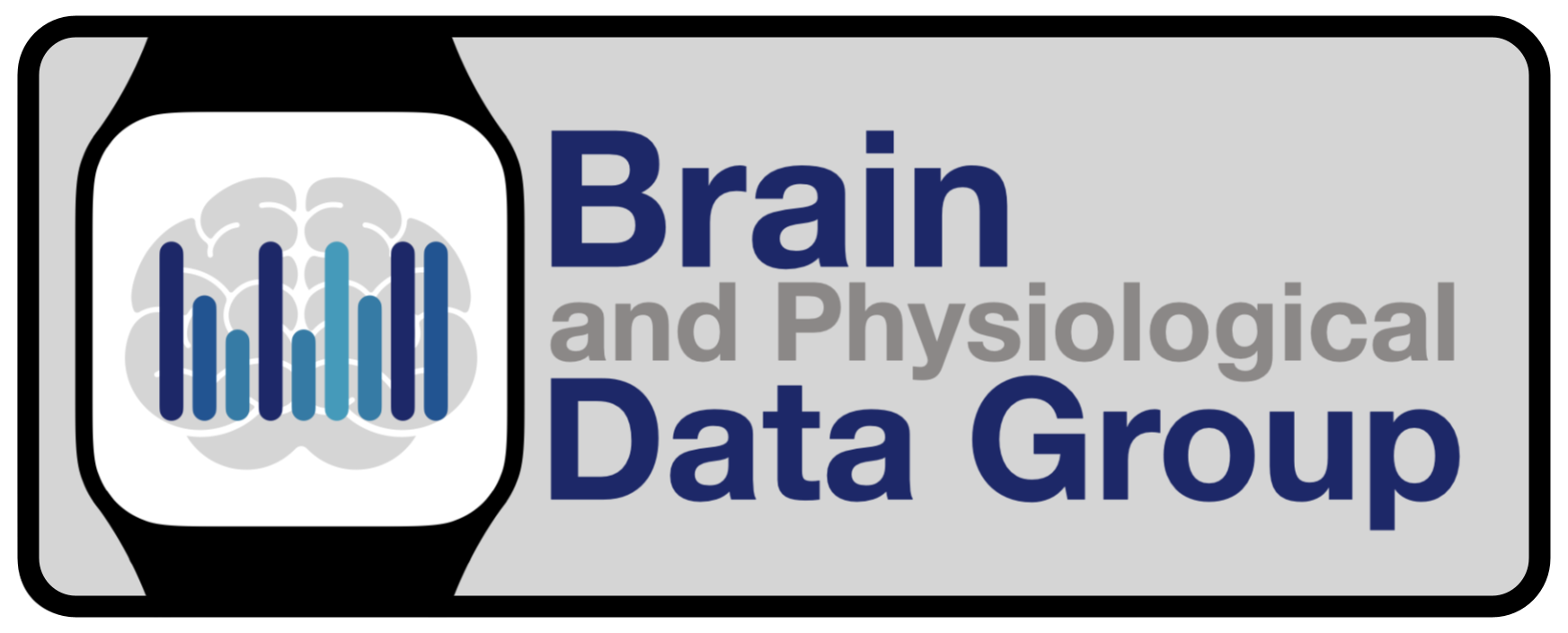Royal Academy of Engineering - Innovation Late - Liverpool, 4th November 2025
Cheltenham Science Festival - 7-8th June 2025
AI and the Future World of Work - 4th June 2025
Bridge Skills Hub - 28th May 2025
Science in the Park - Nottingham, Mar 8th 2025
Royal Academy of Engineering D&I Conference - London, Mar 6th 2025
Nottingham Festival of Curiosity and Science - Nottingham Cathedral, Feb 21st 2025
Royal Academy of Engineering - Innovation Late - London, Nov 13th 2024
Collective xCHANGE - London, Nov 13th 2024
Ada Lovelace Day, University of Nottingham - October 2024
Conservative Party Conference (The Spectator Reception, with Royal Society) - September 2024
Labour Party Conference (New Statesman Reception, with Royal Society) - September 2024
University of Nottingham Open Day (Computer Science) - September 2024
Royal Society Summer Science Exhibition - July 2024
Nottingham Festival of Curiosity and Science - February 2024
-
Personal Brain Scanners
Consumer neurotechnology, or cheap wearable brain scanners, are now among us. People can now buy these devices for much less than the price of a phone, and use them like a smartwatch for exercise... but for your brain.
How will we use them? How do they work? How will they improve our lives?

Figure shows three example consumer brain devices: Muse S, Versus, Neurosity Crown
What you can Experience at our Exhibitions
Photographs taken by Emma Ford at the Festival of Science and Curiosity 2024 in Nottingham.
Try on a brain scanner

We'll have a number of consumer devices you can try on for free, and see what score you get on the app! Don't forget to take a picture with the brain scanners on, in our instagram corner.
See blood pulsing in brain

We'll have our scientific brain scanner for some people to test - a 3D heatmap will show the blood pulsing in the brain.
Design your best day

We want to understand how people would plan a day to be better for their brain - here's a chance for you to decide!
Brain Scanners you can See at our Exhibition
Consumer Neurofeedback Devices
Neurofeedback devices typically only measure activity in the brain, where the impact on your brain activity comes from seeing how visualsations or sounds in the app respond to your efforts to focus and/or relax.
Mendi

Mendi devices use fNIRS (functional Near Infrared Spectroscopy) to track the flow of oxygen to your brain, to help improve your mental effort and length of focus.
15% Discount Code: UON15Contribution back to our Research: 10%
Muse 2

Muse 2 devices use EEG to track the sense electrical activity in the brain, to help you meditate and relax.
Discount with Button Below: 15%Contribution back to our Research: 10%
Muse S Athena (Coming Soon)

Muse S Athena devices have both EEG and fNIRS, allowing you to choose between tracking sleep, relaxation, or focus depending on your need.
Discount with Button Below: 15%Contribution back to our Research: 10%
Consumer Brain Stimulation Devices
Note: consumer stimualation devices need to pass medical device regulation. Always read about their studies to learn more about how they work, and reviews from customers about how they feel.
Neuronic Light

Neuronic devices stimulate the brain with transcranial photobiomodulation (tPBM), where pulses of infrared light are used to stimualte mitochondria in the brain. The website advertises validation studies for treating a range of conditions.
Samphire Nettle

Built by women for women, the Nettle uses transcranial direct current stimulation (tCDS) for treating symptoms experienced over the menstrual cycle. The stimulation encourages the emotional and pain management centres of the brain to become more effective over time.
10% Discount code: BDG10
Flow Neuroscience

Flow devices use transcranial direct current stimulation (tCDS) and are available on some parts of the NHS. The devices advertise clinical validation for helping people manage anxiety and depression.
Additional Consumer Devices
We have a range of other consumer devices that we may include at exhibitions, and many more are coming on the market on a regular basis.
Scientific Devices
In our research, we use research-grade fNIRS (functional Near Infrared Spectroscopy) devices provided by Artinis Medical Systems. These devices, which typically cost several thousand pounds, shine near-infrared light through the skull, and observe how much is reflected from oxygenated hemoglobin. This allows the devices to measure the amount of oxygen being fed to the brain when it is more or less active in different areas. Read more about this and other techniques further below.
Disclaimer: We do not produce any of these devices, and are not responsible for any positive or negative experience you may have with them.
News Coverage about Personal Brain Scanners
Communications of the ACM

Dr Wilson was interviewed for one of the top Computer Science publishers about the sudden arrival of many consumer neurotech devices.
Evening Standard Podcast

Dr Wilson featured in the Evening Standard daily tech and science podcast, discussing the implications of new consumer neurotech arriving into our lives and how we may establish new societal norms
BBC Health Check Radio

BBC Health Check came around to the stand at the Royal Society to try out some consumer neurotech and discuss the ethical implications they raise.
Evening Standard Youtube Short

The evening standard sampled some key points of the podcast around brain scanners being used in the work place and the dangerous assumptions employers may have.
The Times Science Reporter

Kaya Burgess, science reporter for the Times stopped by to find our more about our stand and share it in the printed times.
Royal Society Social Media

See what the social media team at the Royal Society thought about trying on the brain scanners and serving major brain rizz.
The Sunday Times

Ben Spencer spoke to Jwan Shaban about her PhD research, and spent time with Mendi, one of our industry partners, trying on one of their consumer brain scanners.
UKRI on LinkedIn

The UKRI media team visited all the stands relating to their funding, to find out more about how their financial investment in research is leading to impact.
BBC Radio 5

Matt Chorley and his team stopped to visit our exhibition when we were doing the exhibit at the two political party conferences.

























